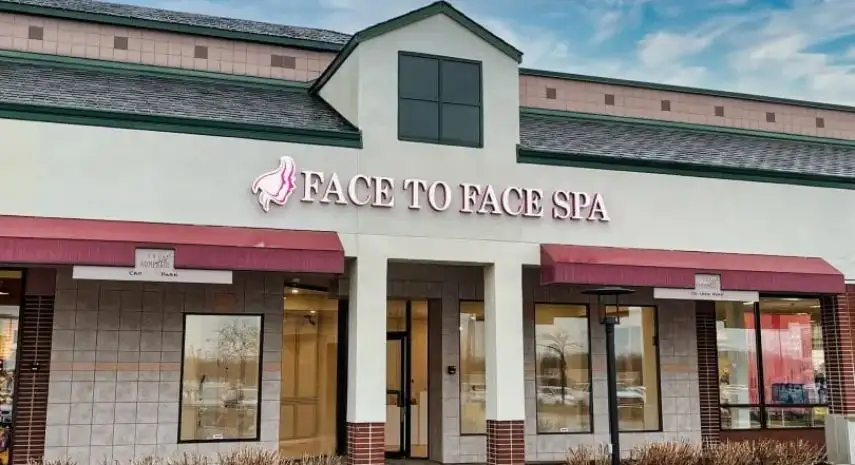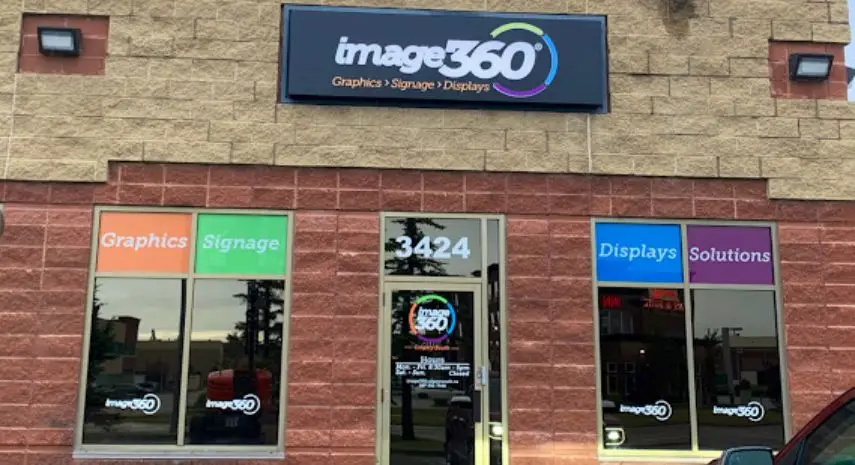How Franchise Mediation Works: A Step-By-Step Guide for R...

Franchising can be a rewarding business model, but like any partnership, disagreements may arise between franchisors and franchisees. When conflicts occur, franchise mediation is often the most effective and least disruptive way to resolve disputes. In this guide, we’ll explore how franchise mediation works, its benefits, and key steps involved in the process.
What Is Franchise Mediation?
Franchise mediation is a structured negotiation process where a neutral third-party mediator helps franchisors and franchisees resolve disputes without going to court. Unlike litigation, mediation focuses on collaboration and mutual agreement. It’s widely used for franchise fee disputes, territorial disagreements, contract breaches, and operational conflicts.
Key Benefits of Franchise Mediation
-
Cost-Effective Resolution: Mediation is generally far less expensive than formal litigation.
-
Faster Dispute Resolution: Many franchise disputes can be resolved in weeks rather than months or years.
-
Confidential Process: Unlike court cases, mediation discussions are private, protecting business reputation.
-
Preserves Business Relationships: Mediation encourages cooperation, maintaining long-term franchisor-franchisee partnerships.
-
Flexible Solutions: Parties have more control over outcomes and can craft mutually beneficial agreements.
Step-by-Step Process of Franchise Mediation
Understanding the mediation process can help both franchisors and franchisees approach disputes with confidence. Here’s how it generally works:
1. Initiating Mediation
Mediation usually begins when one party requests it, either voluntarily or as required by a franchise agreement clause. Both parties agree to the process and select a neutral mediator experienced in franchise law.
2. Preparing for Mediation
Each party prepares a detailed summary of the dispute, including contractual obligations, financial records, and correspondence. The mediator may request pre-mediation briefs to understand the issues and dynamics.
3. Opening Session
During the opening session, the mediator explains the rules, establishes ground guidelines, and allows each party to present their perspective without interruption.
4. Private Negotiation (Caucuses)
The mediator may meet separately with each party to explore solutions, clarify priorities, and identify potential compromises. These confidential sessions help parties understand each other’s positions without direct confrontation.
5. Joint Negotiation
After caucuses, the mediator facilitates joint discussions, helping both parties brainstorm solutions and evaluate options. The mediator does not decide the outcome but guides the parties toward mutually acceptable resolutions.
6. Drafting the Settlement Agreement
Once an agreement is reached, the mediator helps draft a legally binding settlement outlining responsibilities, deadlines, and financial arrangements. This document can prevent future misunderstandings and disputes.
7. Follow-Up and Enforcement
The mediator may follow up to ensure compliance with the agreement. If necessary, the settlement can be enforced in court, though this is rarely needed when both parties are committed to resolution.
When Is Franchise Mediation Recommended?
Franchise mediation is ideal for situations such as:
-
Disputes over royalty or franchise fees
-
Territorial conflicts or market encroachment issues
-
Contract interpretation disagreements
-
Operational or management disputes
-
Exit strategies or franchise transfer conflicts
Choosing the Right Franchise Mediator
Selecting a skilled mediator is critical. Look for mediators with:
-
Expertise in franchise law
-
Proven track record in commercial dispute resolution
-
Strong negotiation and communication skills
Professional organizations such as the American Arbitration Association (AAA) or International Mediation Institute (IMI) can help identify qualified mediators.
Conclusion
Franchise mediation is a practical, efficient, and collaborative way to resolve disputes between franchisors and franchisees. By understanding how franchise mediation works and engaging experienced professionals, businesses can protect relationships, save costs, and achieve fair outcomes.






